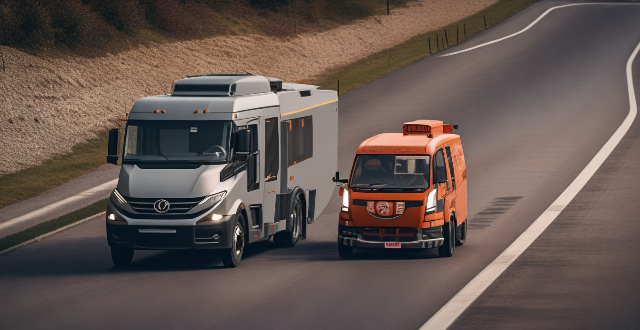Brushless motors offer several advantages over traditional brushed motors, including higher efficiency, longer lifespan, improved performance, quieter operation, enhanced reliability, and environmental benefits. These benefits make them an attractive choice for a wide range of applications.

Advantages of Using a Brushless Motor
Brushless motors are becoming increasingly popular in various applications due to their numerous advantages over traditional brushed motors. Here are some of the key benefits of using a brushless motor:
Higher Efficiency
- Energy Savings: Brushless motors convert electrical energy into mechanical energy more efficiently than brushed motors, resulting in lower energy consumption and reduced operating costs.
- Reduced Heat Losses: With fewer losses due to friction and resistance, brushless motors generate less heat, which means they can run cooler and require less cooling.
Longer Lifespan
- Wear and Tear Reduction: The absence of brushes eliminates the wear associated with brush-to-commutator contact, leading to longer motor lifespan.
- Maintenance Reduction: Since there are no brushes to replace, maintenance requirements are significantly reduced, saving time and money.
Improved Performance
- Higher Speed Capability: Brushless motors can operate at higher speeds without the risk of brushes wearing out or sparking.
- Better Torque Control: Advanced control algorithms allow for precise torque control, making brushless motors ideal for applications that require fine adjustments.
Quieter Operation
- Reduced Noise Levels: Without the noise generated by brushes rubbing against the commutator, brushless motors generally operate more quietly.
- Smoother Operation: The elimination of physical contact between brushes and the commutator results in smoother operation and reduced vibration.
Enhanced Reliability
- Less Chance of Failure: With fewer moving parts and no brushes to wear out, brushless motors have a lower failure rate compared to brushed motors.
- Robust Design: The design of brushless motors is inherently more robust, as it doesn't rely on fragile components like brushes.
Environmental Benefits
- Lower Carbon Footprint: Due to their higher efficiency, brushless motors consume less electricity, resulting in reduced greenhouse gas emissions.
- Reduced Hazardous Waste: Since there are no brushes to dispose of, brushless motors generate less hazardous waste during their lifetime.
In conclusion, the advantages of using a brushless motor include higher efficiency, longer lifespan, improved performance, quieter operation, enhanced reliability, and environmental benefits. These factors make brushless motors an attractive choice for a wide range of applications, from small electronic devices to large industrial machinery.